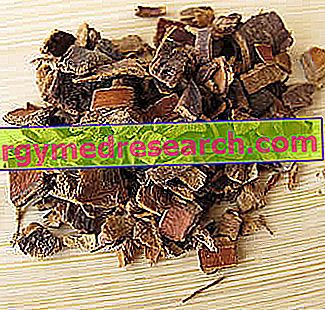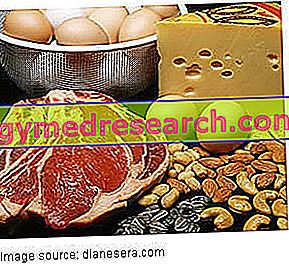Small shrubs of the Ramnaceae family, whose bark with laxative-stimulating properties is used. These drugs are subjected to a working process related to the intended function and use. They are bark drugs and as soon as they are harvested they have high amounts of anthranols, compounds of anthracene derivation that have a high irritant power and do not cause an easy use of the drug itself. Simple drying is not sufficient to oxidize these anthranols to anthrax and anthraquinones.




